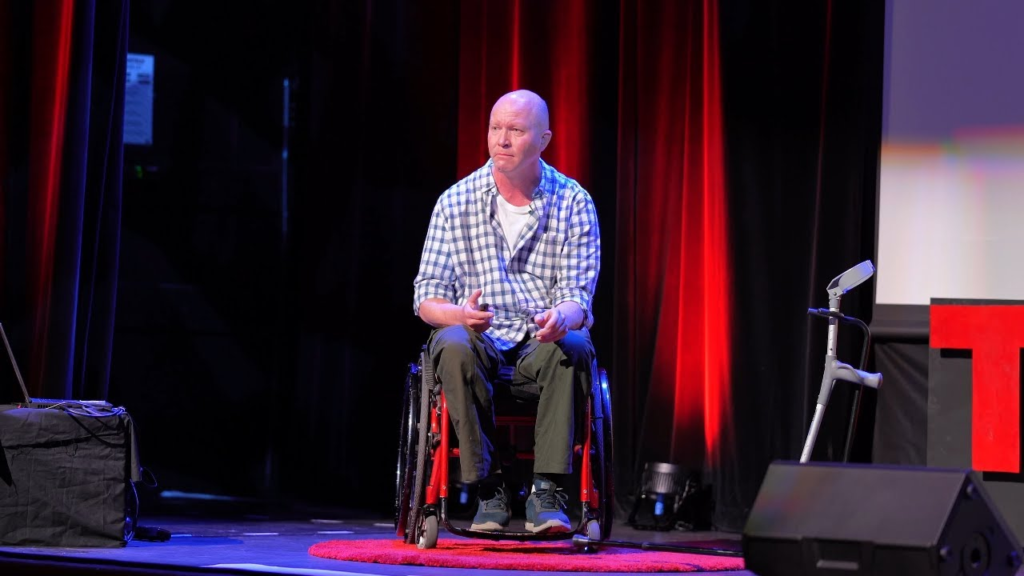
After being diagnosed with MS in 2018 and going into remission in 2021, the actress takes to Instagram on January 29th to share how she’s doing with her fans.

After being diagnosed with MS in 2018 and going into remission in 2021, the actress takes to Instagram on January 29th to share how she’s doing with her fans.

In a sit-down with ‘Good Morning America’ alongside friend Jamie-Lynn Sigler, the ‘Dead to Me’ star opens up about her battle with Multiple Sclerosis.

Making small changes in your life can and will lead to positive outcomes in the future. Becoming more engaged in life and not sweating the small stuff. To have the courage to step through the doors life presents and then maybe to go on a journey you never imagined. Diagnosed with Multiple Sclerosis in 1995, Rob has taken on the challenge of a TEDx talk the way he deals with pretty much everything.
